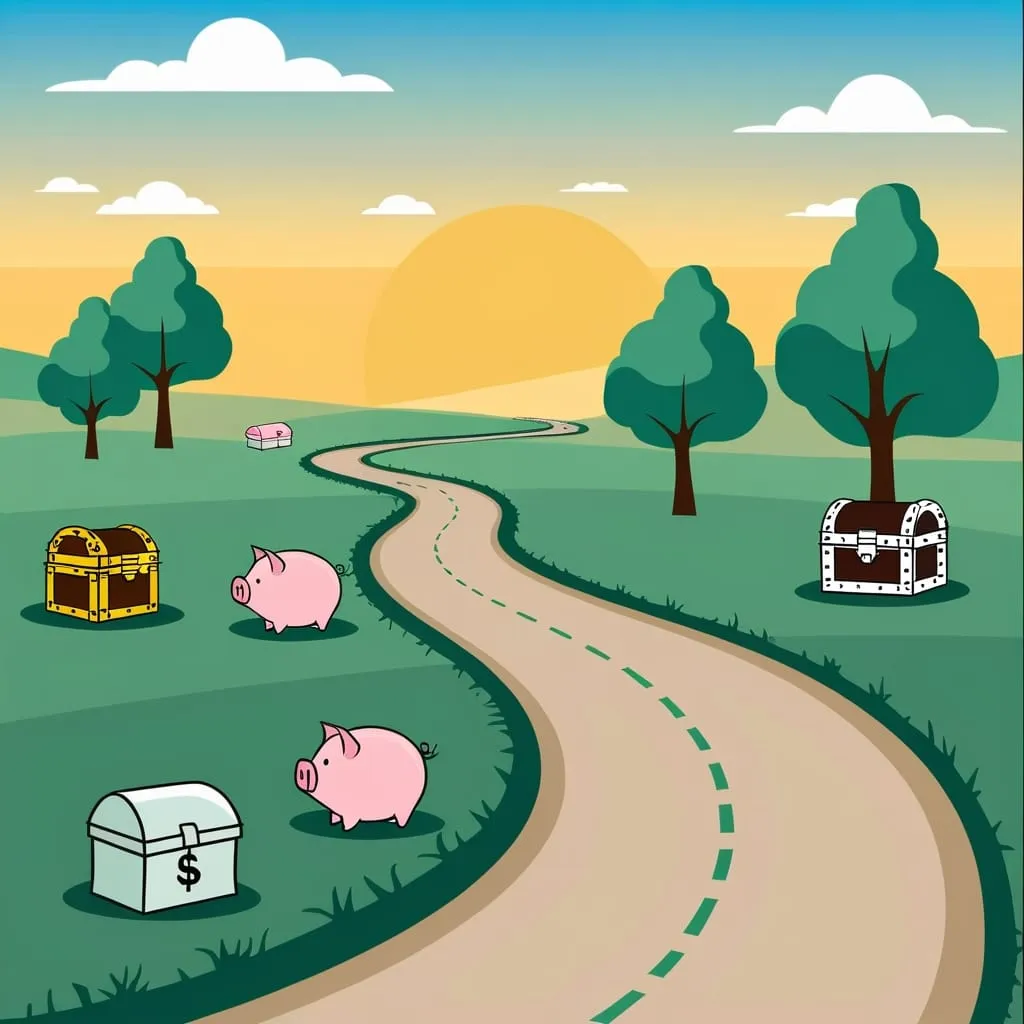In the high-stakes world of finance, success often comes with a peculiar companion: self-doubt. Meet Sarah, a rising star in the financial sector, who despite her impressive achievements, cannot shake off the feeling that she is a fraud. This pervasive sense of inadequacy, known as imposter syndrome, is more common than you might think, especially among high-achievers.
The Invisible Weight of Success
Sarah's story is not unique. Many in the financial industry, from analysts to advisors, grapple with the same feelings of inadequacy. Imposter syndrome is characterized by a persistent belief that one's success is undeserved and that they are merely pretending to be competent. This psychological phenomenon can manifest in various ways, such as feeling unqualified for one's job, believing that luck and connections are the primary reasons for success, or fearing that others will soon discover the "real" you – a supposed fake.
For Sarah, every promotion and accolade only amplifies her self-doubt. She attributes her successes to luck and the support of others, rather than her own abilities. This mindset is not just a minor annoyance; it can significantly impact her decision-making, risk-taking, and overall career progression.
The Roots of Self-Doubt
Imposter syndrome often has its roots in early life experiences. For some, it stems from childhood roles where they were either seen as the smart one or the hardworking one. If they ever had to work hard at something, it was taken as evidence that they weren't as smart as everyone thought. Others might have grown up in environments where achievement was the only measure of worth, or where feedback was scarce, leading them to feel like they were just surviving rather than thriving.
Sarah's background is a mix of these dynamics. Growing up, she was always the high achiever, but her family's emphasis on perfection made her feel like any mistake would be catastrophic. This early conditioning has translated into her professional life, where she feels an overwhelming need to be perfect and know everything.
The Financial Sector's Unique Challenges
The financial industry is particularly conducive to imposter syndrome. The field is vast and complex, with a constant evolution of regulations and products. This can be overwhelming even for seasoned professionals. The pressure to project absolute confidence and infallibility can create a culture where admitting uncertainty is seen as a weakness. As a result, many financial professionals hide their doubts and questions, perpetuating the cycle of self-doubt.
Sarah often finds herself in situations where she feels like she needs to know every aspect of finance comprehensively to be deemed competent. However, this is an unrealistic expectation, given the breadth and depth of the field. Recognizing the limits of one's knowledge and embracing lifelong learning can be a crucial step in combating these feelings.
The Impact on Decision-Making and Risk-Taking
Imposter syndrome can significantly affect how individuals make decisions and take risks. When you believe you are a fraud, you are less likely to take on new challenges or assert yourself in critical situations. Sarah often hesitates to initiate contact with high-net-worth clients or take on leadership roles because she fears being exposed as incompetent.
This fear can lead to missed opportunities and stunted career growth. For instance, Sarah might avoid asking for a raise or promotion because she doesn't believe she deserves it. She might also shy away from new projects, fearing that she won't be able to handle the responsibilities.
Recognizing and Overcoming Self-Doubt
The first step in overcoming imposter syndrome is to recognize its presence. For Sarah, this means acknowledging her feelings and understanding that they are not unique. Up to 70% of people experience imposter syndrome at some point in their careers, including highly successful individuals like Maya Angelou and Theodore Roosevelt.
Once recognized, the next step is to challenge these feelings. This involves reframing negative self-talk and focusing on actual achievements. Sarah can start by keeping a journal of her accomplishments and the positive feedback she receives. She can also seek out mentors or coaches who can provide her with a more balanced perspective.
Leveraging Self-Doubt for Growth
While imposter syndrome can be debilitating, it can also serve as a catalyst for growth. By acknowledging her limitations and vulnerabilities, Sarah can foster a more collaborative and supportive work environment. She can start by asking for help when she needs it, rather than trying to know everything herself.
This shift in mindset can lead to more innovative solutions and better decision-making. When Sarah feels comfortable admitting what she doesn't know, she opens herself up to learning and growth. This not only enhances her skills but also builds stronger relationships with her colleagues and clients.
Fostering a Healthier Relationship with Success
Success, especially in the financial sector, is often tied to external validation – promotions, bonuses, and recognition. However, for individuals struggling with imposter syndrome, this external validation can never be enough. The key to a healthier relationship with success is to find internal validation.
For Sarah, this means focusing on her personal values and what she wants to achieve beyond her professional role. It involves setting goals that are meaningful to her and celebrating her own successes, no matter how small they may seem.
The Power of Vulnerability
One of the most effective ways to overcome imposter syndrome is to practice vulnerability. This means stepping out of the rigid roles that often accompany self-doubt – the helper, the knowledge hub, or the perfectionist. Sarah can start by sharing her fears and doubts with trusted colleagues or mentors.
Vulnerability can feel daunting, but it is a powerful tool for building trust and fostering a more authentic work environment. When Sarah is open about her uncertainties, she creates a space where others can do the same. This collective vulnerability can lead to more honest communication, better teamwork, and a more supportive culture.
Conclusion
Sarah's journey with imposter syndrome is a common one, but it doesn't have to define her. By recognizing her self-doubt, challenging her negative thoughts, and fostering a more vulnerable and collaborative work environment, she can overcome the feelings of being a fraud.
Imposter syndrome is not just a personal issue; it has broader implications for leadership, productivity, and time management. When individuals feel like impostors, they are less likely to take on leadership roles, innovate, or manage their time effectively. However, by addressing these feelings and creating a more supportive culture, we can unlock greater potential not just for individuals but for entire organizations.
In the end, success is not about pretending to be someone you're not; it's about embracing who you are and leveraging your unique strengths and weaknesses to achieve your goals. For Sarah and many others like her, the journey to overcoming imposter syndrome is a path to greater self-awareness, confidence, and ultimately, a more fulfilling career.






